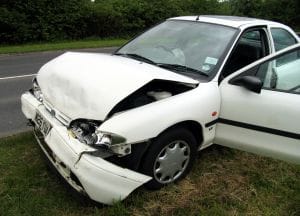Research: Cars can be safer without human drivers

 Worried about how technology-enabled, driverless cars will be able to navigate through intersections without crashing into one another?
Worried about how technology-enabled, driverless cars will be able to navigate through intersections without crashing into one another?
No need to, according to researchers at Virginia Tech Transportation Research. Automated intersection controllers will be able to help cars through faster and more safely than if humans were driving, they’ve found.
The research by civil engineering professor Hesham Rakha and PhD student Ismail Zohdy recently won the Best Scientific Paper Award for North America at the Intelligent Transportation Society World Congress in Vienna.
Rakha and Zohdy developed a step-by-step process — or algorithm — to guide driverless cars through intersections. The process takes into account such factors as car location, speed and acceleration, as well as weather and intersection conditions.
“The proposed intersection controller, which allows vehicles to keep moving, reduces the delay for each vehicle compared to traditional intersection control,” said Rakha. “Keeping vehicles moving is also more fuel efficient and reduces emissions.”
Considering driver behavior currently accounts for more than 90 percent of car accidents, such automated control can help make driving much safer, Zohdy said.
“Somewhere in the future, you will not be driving your car anymore; you will be driven by your car,” he said. “A driverless vehicle can much more accurately judge distances and velocities, and react instantly to situations that could cause an accident due to a delayed human reaction.”




